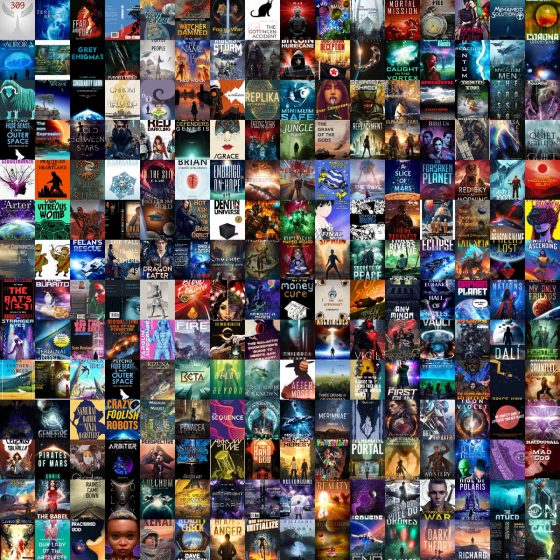
We are living through an interesting transition as we change our relationship with physical possessions. Physical ownership is giving way to a preference for virtual goods and services. For millennia, societies operated on a “favor bank” system, where performing favors for friends and members of the community built goodwill. This mutual support was crucial during hard times. Money and trade goods came later. Personal wealth evolved from physically holding valuables to entrusting them to banks. Today, banks themselves are a web of promissory notes, not physical reserves. Caption: Not all money was easily carried about. Rai stones for instance, remained stationary. Their ownership was determined through community consensus in the societies where they were valued. We store our financial assets in the cloud. Money, stocks, property titles, and insurance policies exist mostly in digital realms. Who actually holds physical stock certificates now? While we physically possess homes and cars (and even that might change), our ownership rights are digitally recorded. Our educational achievements and professional credentials are traded electronically. Our libraries of books, music, or games have transitioned from physical shelves to digital storage. Memories, once preserved in photo albums, calendars, and diaries, are now captured in digital formats and…






